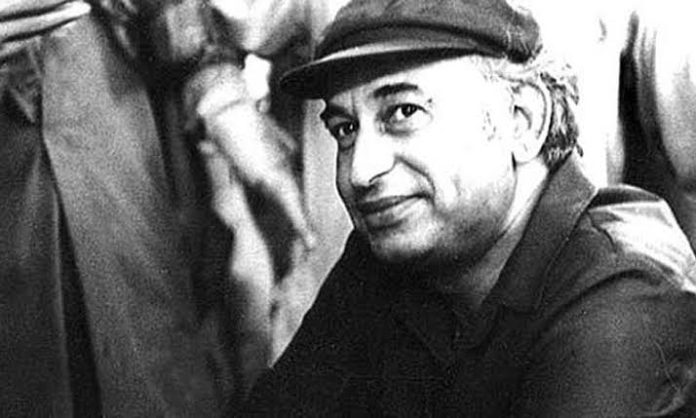The recent resolutions passed in the Punjab, Balochistan, and Sindh Assemblies, recognizing Zulfiqar Ali Bhutto as a “martyred” and “national hero,” mark a significant moment in Pakistan’s political landscape. These resolutions were prompted by the Supreme Court’s opinion in a presidential reference, which undoubtedly carries weight in legal and political spheres.
Zulfiqar Ali Bhutto, the founder of the Pakistan Peoples Party (PPP) and a pivotal figure in Pakistani politics, was executed in 1979 after a controversial trial. His death left an indelible mark on the nation’s history and continues to evoke strong emotions and opinions. By officially recognizing Bhutto as a “martyred” national hero, these assemblies are not only paying homage to his legacy but also acknowledging his contributions to the country.
In presenting and passing these resolutions, PPP leaders such as Ali Haider Gilani and Chief Minister of Sindh, Syed Murad Ali Shah, are reaffirming their party’s commitment to preserving Bhutto’s memory and ideals. Moreover, the involvement of other political parties, such as the Balochistan Awami Party, signifies a broader consensus on Bhutto’s significance beyond partisan lines.
The resolutions also highlight the ongoing struggle for democracy in Pakistan. Bhutto’s tenure as Prime Minister was marked by efforts to strengthen democratic institutions and empower the marginalized sections of society. By advocating for the recognition of Bhutto as a national hero and proposing awards for political workers who fought for democracy, the Sindh Assembly is not only honoring Bhutto’s legacy but also reiterating the importance of democratic values in the country’s future.
However, these resolutions are not without controversy. Bhutto’s legacy is complex, and opinions about his policies and actions vary widely. While many view him as a visionary leader who championed the rights of the common people, others criticize his authoritarian tendencies and handling of certain crises during his tenure.
Overall, the passage of these resolutions reflects a desire to commemorate Bhutto’s contributions to Pakistan while also acknowledging the ongoing struggle for democracy and justice in the country. It remains to be seen how these declarations will impact the political landscape and public discourse in Pakistan in the years to come.


